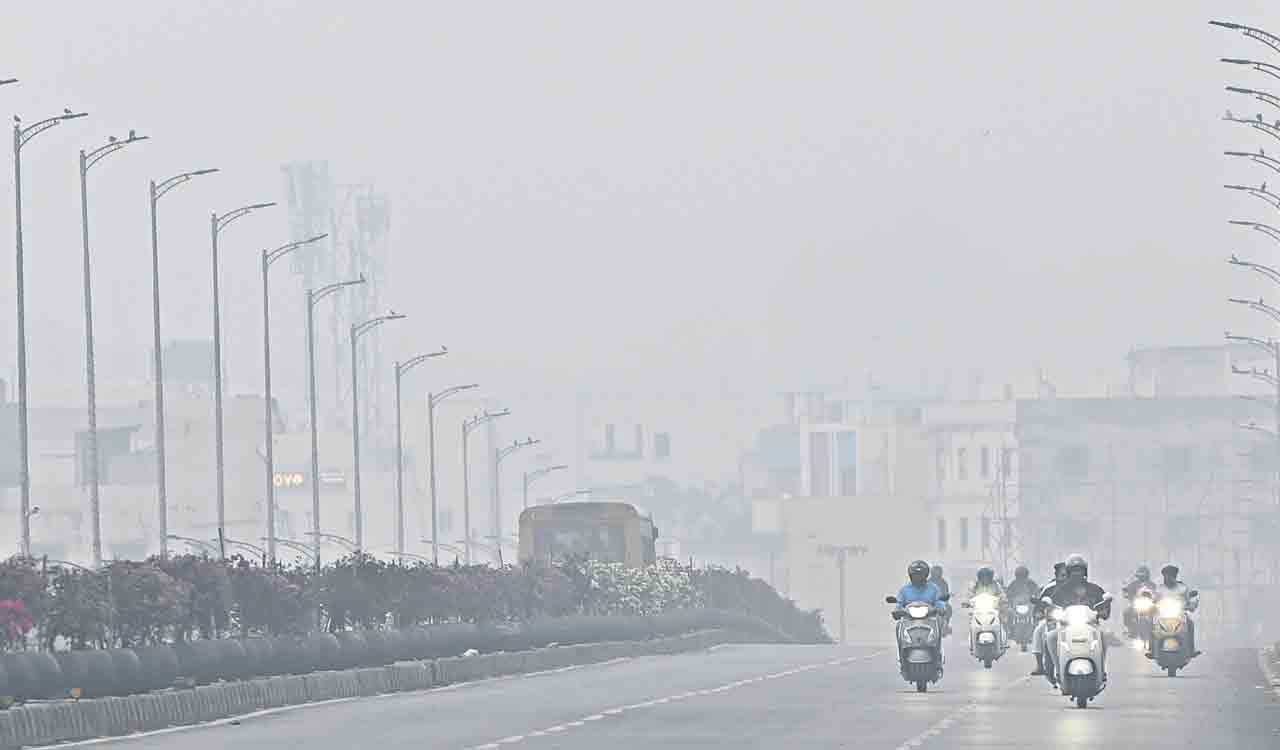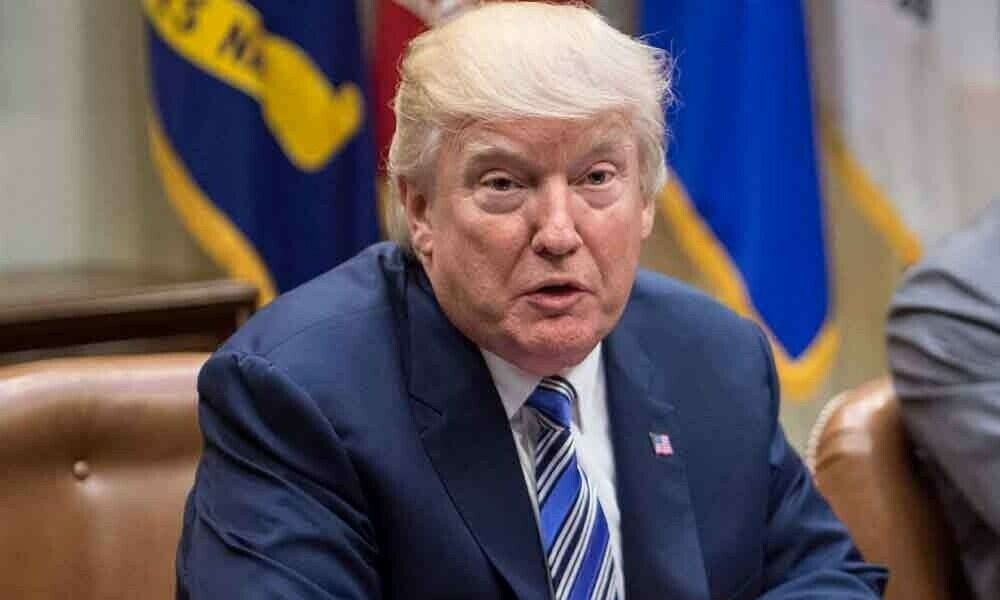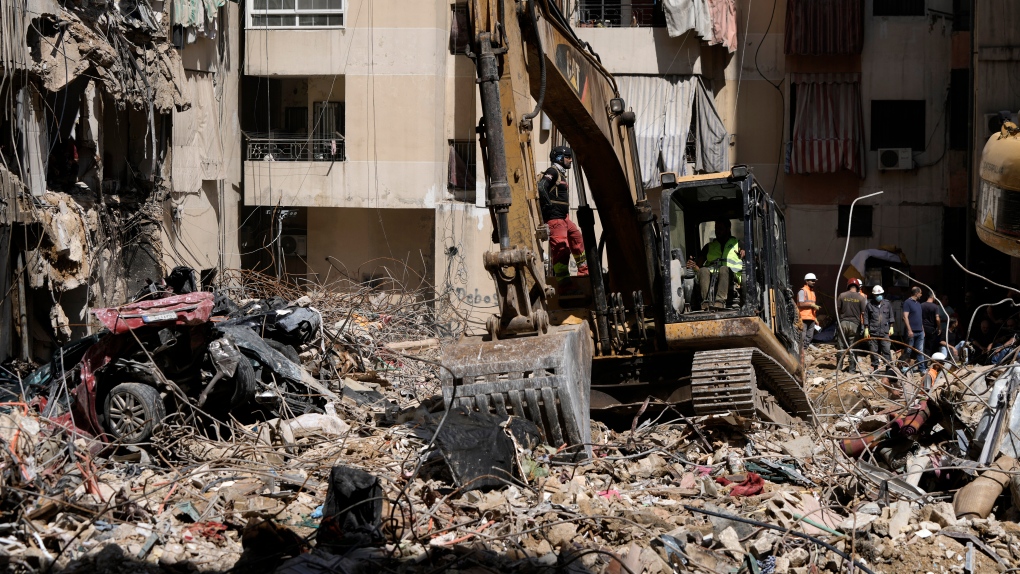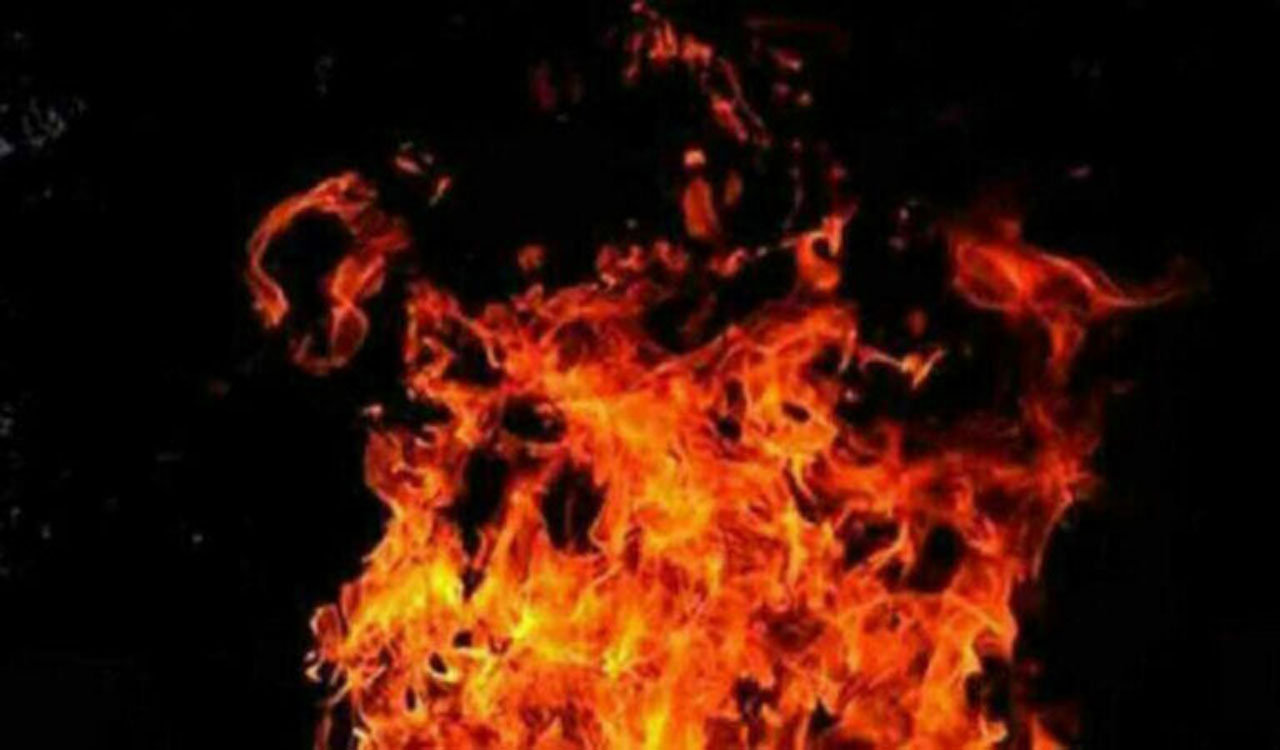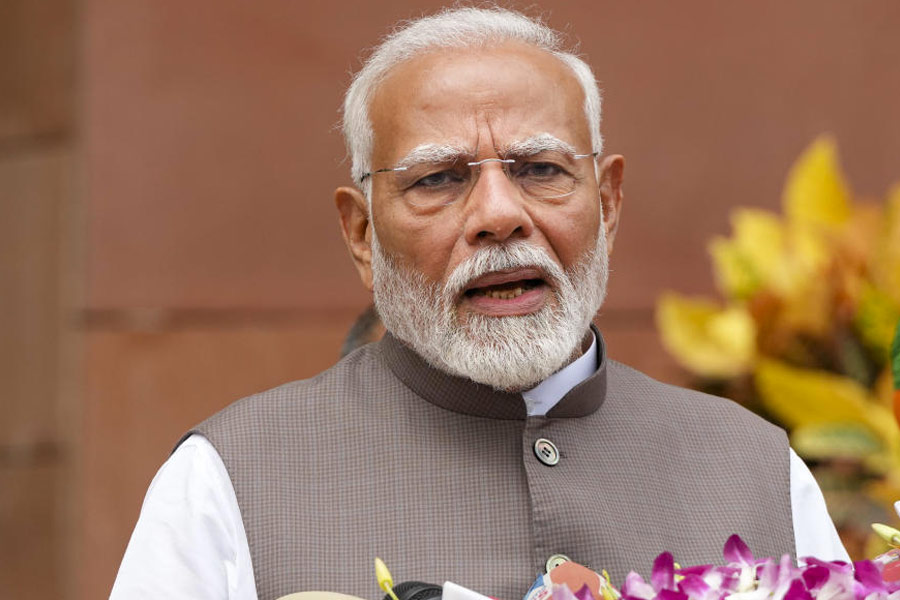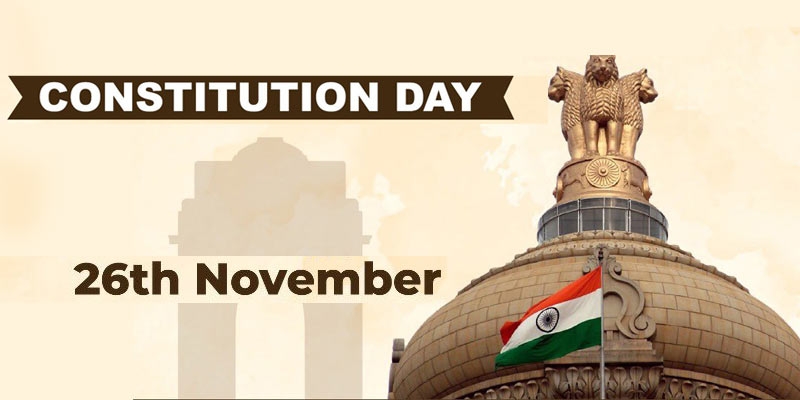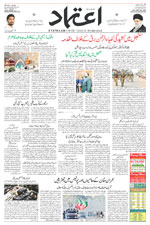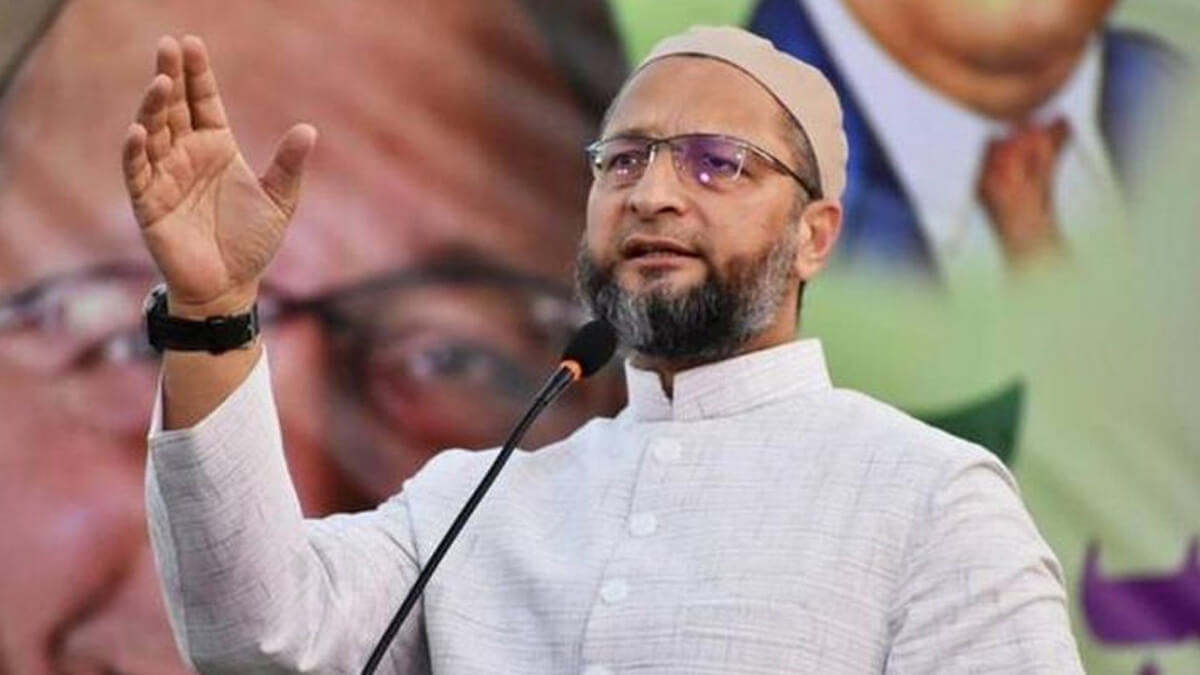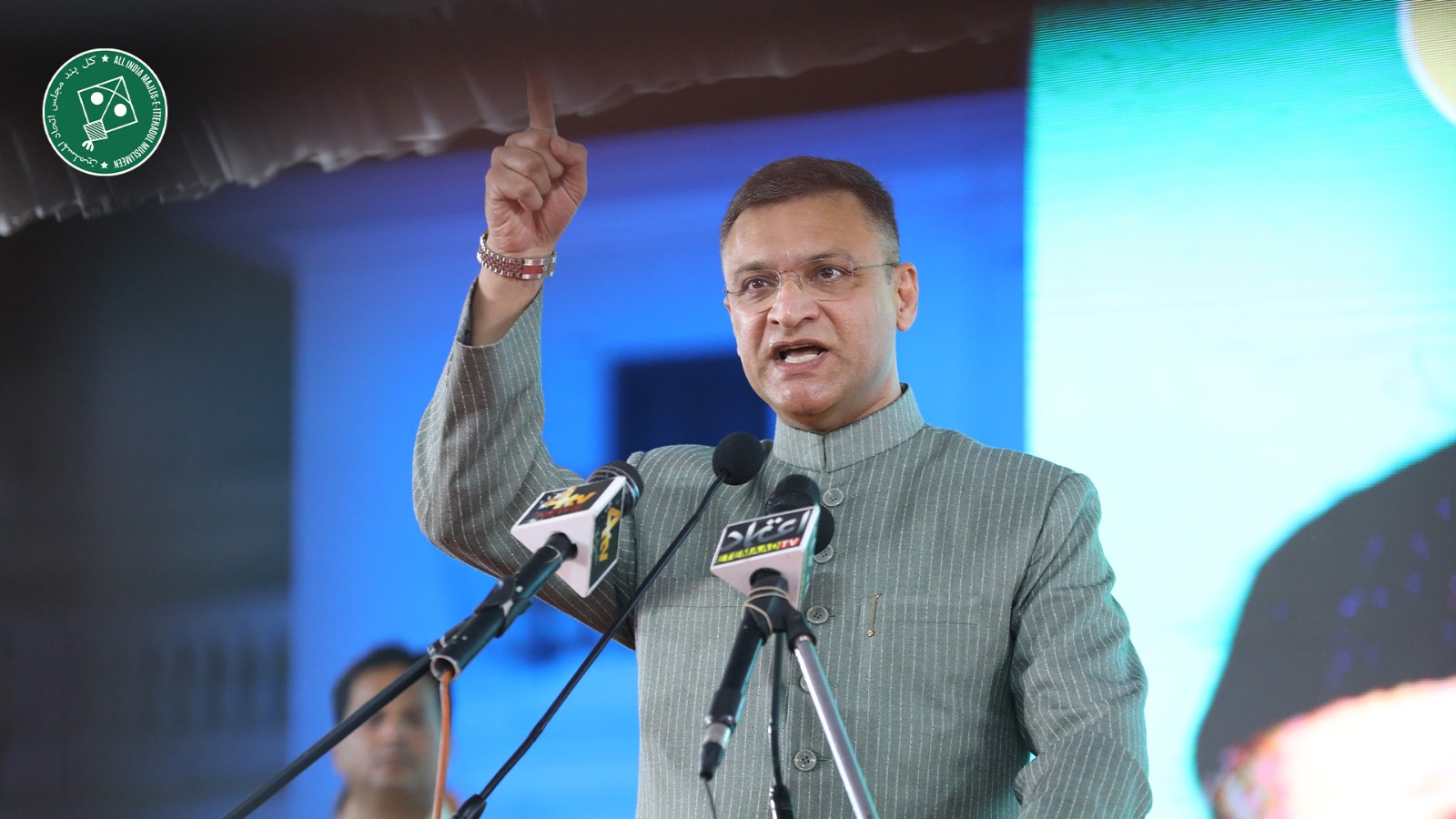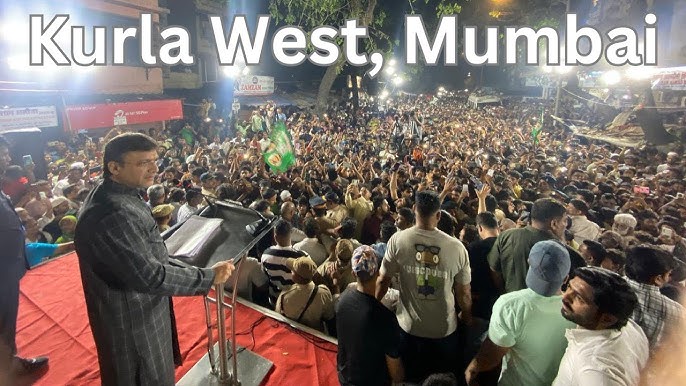Amid Strained Ties Over New Map & Oli's Ayodhya Claims, India Downplays 'Scheduled' Meet With Nepal
Mon 17 Aug 2020, 18:10:18
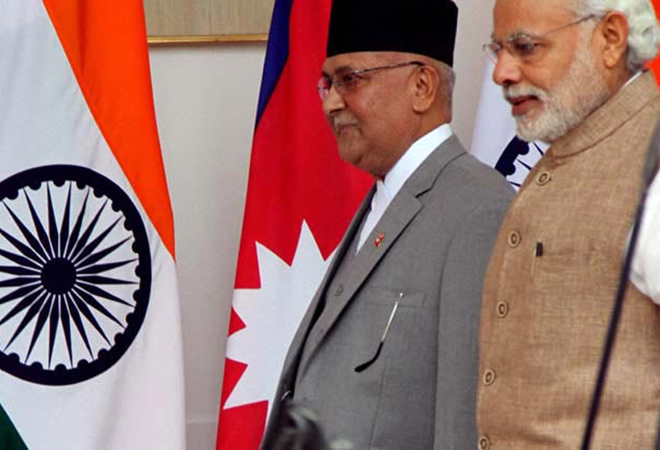
The Indian ambassador in Nepal, Vinay Mohan Kwatra, had a virtual interaction with Nepalese Foreign Secretary Shankar Das Bairagi in Kathmandu on Monday. The virtual meeting was the first official interaction between the two sides since the KP Sharma Oli government pushed through Parliament a new map that included Indian territories of Limpiyadhura, Kalapani and Lipulekh.
However, sources in the Indian government immediately downplayed the meeting by referring to it as a “scheduled oversight mechanism meeting” which they said was part of a regular interaction between India and Nepal.
The oversight mechanism (OSM) was set up in 2016 to review ongoing bilateral economic and development projects and meets on a periodic basis, said sources, indicating that it should not be viewed as anything more than meeting that purpose. This was the 8th OSM held after a gap of one year since July 8, 2019.
Significantly, out of the undertakings under appraisal were two that were together introduced by PM Modi and his Nepali partner KP Sharma Oli. These incorporate the operationalisation of the Motihari-Amlekhgunj cross-outskirt oil based goods pipeline, introduced in September 2019, which is South Asia's first cross-fringe oil based commodities pipeline, It is 69 kilometers in length with a limit of 2 million metric ton for each annum and vital for Nepal's fuel needs. Thus, the Integrated Check Post at Biratnagar was likewise together introduced by the two chiefs in January this year itself.
After the allegations levelled by Oli himself in 2016 against India conspiring his downfall, the joint inauguration of such projects gave an impression that the past was buried by Oli and both sides were looking a starting afresh. However, much has changed since the joint inauguration of these crucial projects.
In May, the Oli government approved and later passed a controversial map in Parliament. Indian government sources indicated that New Delhi had offered Foreign Secretary level video-conferencing or phone call but Nepal didn’t take up the offer and rammed through a constitutional amendment. However, Nepal has publicly been seeking a Foreign
Secretary-level meeting for long and instead blamed India for not facilitating it.
Secretary-level meeting for long and instead blamed India for not facilitating it.
The friction with Nepal was palpable as India came out with a strong statement rejecting the map and asking Nepal to refrain from “unjustified cartographic assertion”. India categorically mentioned in the reply by MEA spokesperson Anurag Srivastava that “such artificial enlargement of territorial claims will not be accepted by India”.
Nepal had already started rubbing India the wrong way, first by summoning its ambassador to register its complaint over the road India had inaugurated on the Kailash Mansarovar route in Pithoragarh in Uttrakhand and then subsequently with KP Sharma Oli’s bizarre statements from Indians spreading Covid-19 in Nepal to Indian Ayodhya being fake.
Amidst all this, when Nepal PM dialled PM Modi on August 15, sources stressed not only the fact that the call was made at the request of Oli’s office but also that it was only a “courtesy call.” Sources also clarified that the border or map issue was not touched upon in the conversation.
This gave a clear indication that India was not ready to allow any high level political or diplomatic engagement just yet on the niggling issues especially with regards to the map or the border issue in general. It’s significant to note here that the Nepali media has been reporting that one of the recommendations from the Nepali side in the Eminent Persons Group report, yet to be submitted to PM Modi, mentions regulating the border. This is an idea India may not be amenable to as it shares a special relationship with Nepal with a porous border allowing for more people-to-people contact and family ties across the border.
India has been in a wait and watch mode as the strategic community believes that Oli is acting at the behest of Beijing. Indian Army chief General MM Naravane had also indicated the same when the controversy over Nepal’s new map had broken out. By downplaying both Monday’s meeting and calling the phone conversation between the Prime Ministers two days ago as just a “courtesy call”, New Delhi is telling Kathmandu that it is displeased with Oli.
No Comments For This Post, Be first to write a Comment.
Most viewed from World
AIMIM News
BJP-SP two sides of same coin: Asaduddin Owaisi
Nov 19, 2024
Latest Urdu News
Most Viewed
May 26, 2020
Do you think Devendra Fadnavis will be next CM of Maharashtra?
Latest Videos View All
Like Us
Home
About Us
Advertise With Us
All Polls
Epaper Archives
Privacy Policy
Contact Us
Download Etemaad App
© 2024 Etemaad Daily News, All Rights Reserved.

